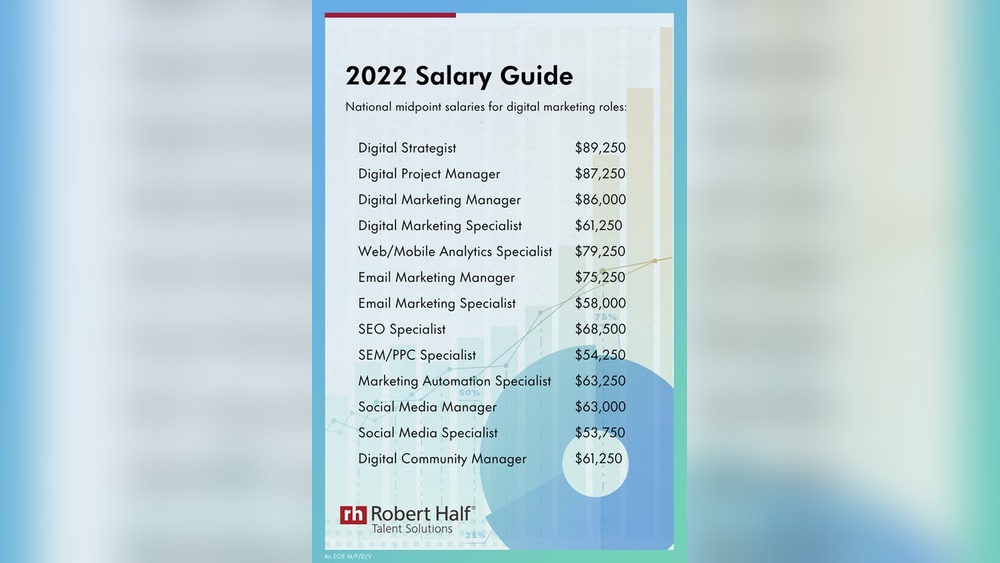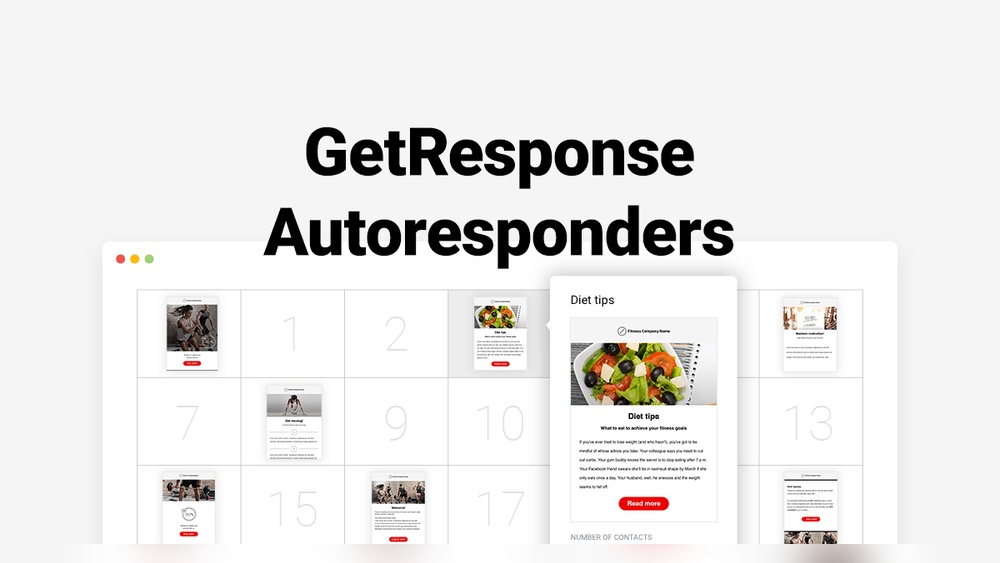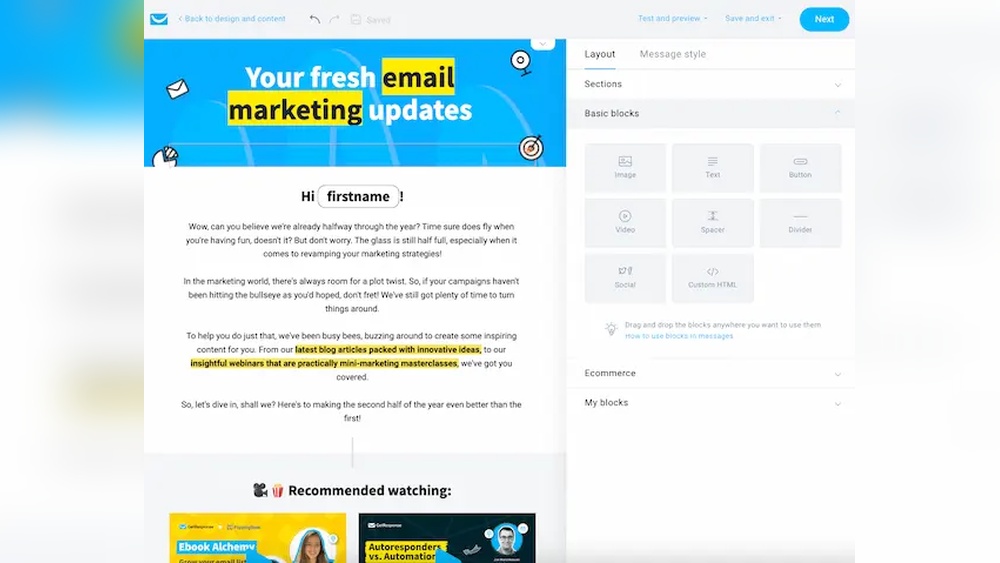When it comes to choosing the best accounting software for your agricultural business, there are many factors to consider. The size and type of your business, your budget, and your accounting needs will all play a role in choosing the right software for you.There are many different accounting software programs on the market, so it is important to do your research to find the one that best meets your needs.
You may want to consider a software program that specializes in agricultural accounting, as these programs often have features specifically designed for businesses in the agricultural industry.Before making a final decision, be sure to try out a few different accounting software programs to find the one that works best for you and your agricultural business.
Finally! A Farm Software that I actually like!
There are a lot of different accounting software programs out there, and it can be tough to decide which one is right for your business. If you’re in the agriculture industry, you need to make sure you choose a program that will accommodate your specific needs. Here are some of the best accounting software programs for agriculture businesses:
1. AgExpert AnalystThis program is designed specifically for agriculture businesses, and it includes features like crop and livestock accounting, field records, and more. It’s a great option for businesses of all sizes.
2. QuickBooks EnterpriseQuickBooks is one of the most popular accounting software programs on the market, and for good reason. It’s user-friendly and includes a lot of features that are perfect for agriculture businesses.
3. Farm Works OfficeThis program is another great option for agriculture businesses. It includes features like crop and livestock accounting, field records, mapping, and more.
4. Sage 50cloud AgricultureThis software program is perfect for agriculture businesses of all sizes. It includes features like crop and livestock accounting, financial analysis, and more.
5. XeroThis cloud-based accounting software program is perfect for agriculture businesses that want to be able to access their records from anywhere. It includes features like invoicing, accounting, and more.
Farm accounting software
There are many different types of farm accounting software available on the market today. Some are designed for small operations, while others are made for large commercial farms. Deciding which type of software is right for your farm can be a difficult task.
Here is some information to help you choose the best farm accounting software for your needs.Small farm accounting software is typically less expensive than software made for larger farms. It is also easier to use, since it is designed for smaller businesses.
This type of software can track your income and expenses, as well as manage your inventory.Commercial farm accounting software is made for larger farms. It is more expensive than small farm accounting software, but it has more features.
This type of software can track your crops, livestock, and equipment. It can also help you manage your finances and employees.When choosing farm accounting software, it is important to consider your needs.
If you have a small farm, you may not need all the features offered by commercial software. Conversely, if you have a large farm, you may need the extra features offered by commercial software.No matter what size farm you have, there is accounting software available to meet your needs.
By taking the time to research your options, you can find the best software for your farm.

Credit: agrierp.com
Is QuickBooks good for farms?
Yes, QuickBooks is good for farms. It can help you keep track of your expenses and income, and can help you manage your inventory. QuickBooks can also help you track your farm equipment and assets, and can help you manage your farm workers.
What are the softwares used in agriculture?
There are a variety of software programs that can be useful for farmers and agricultural businesses. Some of the most popular and useful programs include mapping software, yield analysis software, and farm management software.Mapping software can be used for a variety of purposes, such as creating field maps, planning irrigation systems, and analyzing soil data.
Yield analysis software can be used to track yield data, analyze trends, and predict yields. Farm management software can be used to track expenses, manage inventory, and create production schedules.
What does an accountant do in agriculture?
An accountant in agriculture is responsible for maintaining and auditing the financial records of a farm or ranch. This includes keeping track of revenues and expenses, as well as preparing financial statements and tax returns. The accountant may also be involved in budgeting and forecasting for the farm or ranch.
How do you keep track of farm expenses?
If you’re like most farmers, you’re always looking for ways to save money and improve your bottom line. One way to do this is to keep track of your farm expenses. This can help you see where your money is going and where you can cut costs.
There are a few different ways to keep track of farm expenses. One way is to use a software program like Quicken or QuickBooks. This can be a great way to keep track of your expenses, but it can also be a bit overwhelming.
If you’re not comfortable using a software program, you can also keep track of your expenses using a simple spreadsheet.Another way to keep track of your farm expenses is to use a farm management software program. These programs can help you track your expenses, as well as your production and profitability.
They can also help you make decisions about your farm business.No matter how you keep track of your farm expenses, the important thing is to do it regularly. This will help you see where your money is going and where you can make changes to save money.
Conclusion
The best accounting software for agriculture businesses should have features that are specific to the agricultural industry. These features might include the ability to track farm assets, manage crop production, and track livestock. The software should also be able to generate reports that are specific to the agricultural industry, such as reports on crop yields or livestock production.







